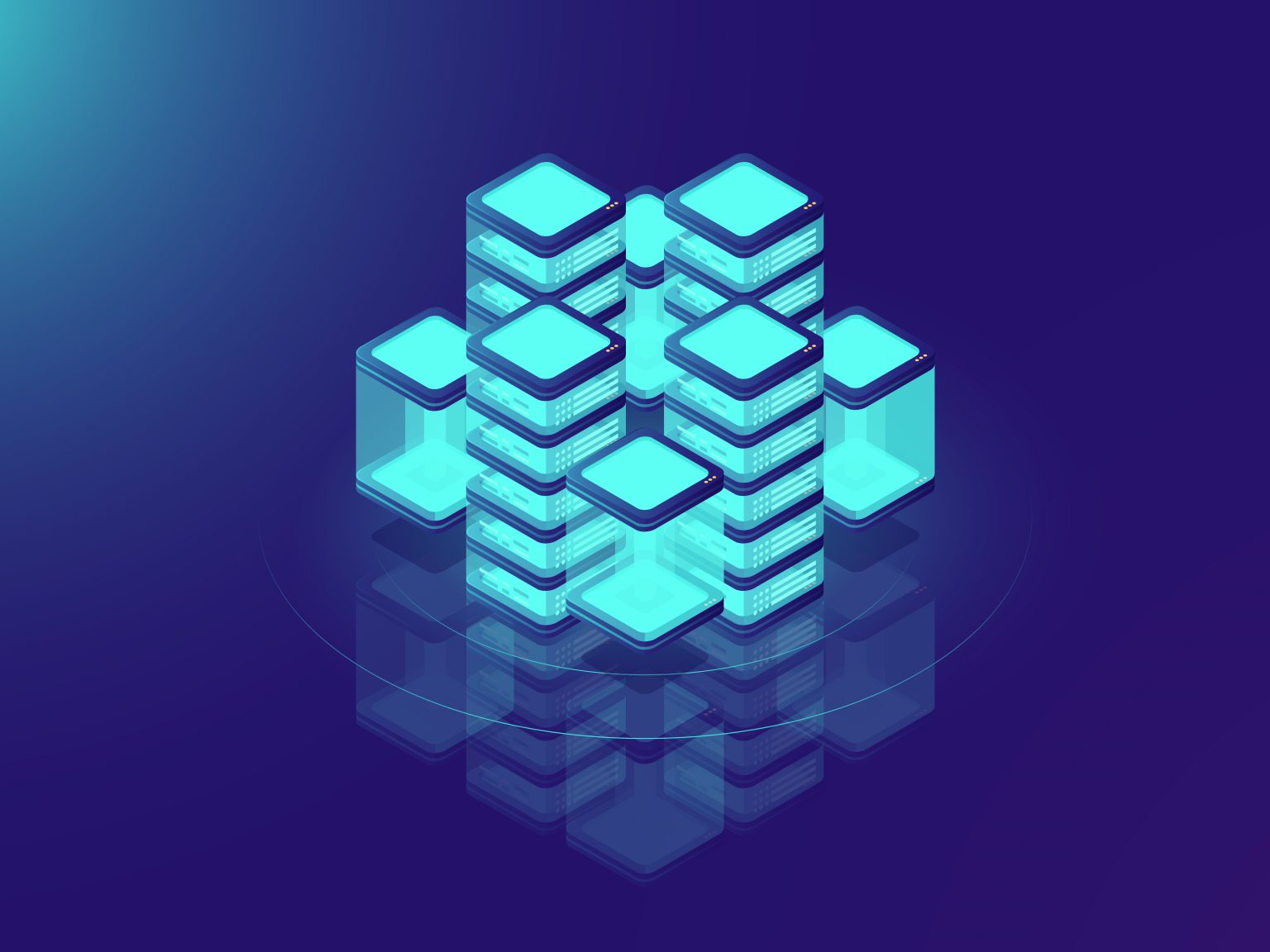- Latency is the time it takes for data to travel between a source and a destination, measured in milliseconds
- Reducing latency is critical for smoother gaming, faster cloud computing, and seamless video streaming experiences
When using a computer, streaming a video, or playing an online game, you may have experienced a delay in response. This delay is called latency. Latency is a critical aspect of computer systems and networks that affects performance, speed, and user experience. Let’s dive into the basics of latency and understand why it matters.
Also read: Addressing cloud computing vulnerabilities: Securing data
Also read: What is cybersecurity?
What is latency?
The time it takes for data to proceed from its source to its destination and back further is sometimes referred to as latency. Look at it the “lag” that comes up between transmitting a request before receiving response. In computer networks, lower latency converts as faster communication and enhanced performance. It is measured in milliseconds (ms).
The latency, for example is the interval of time it takes for your request to reach the server and for the server to supply the webpage to you soon after you click on a link in your browser. You can anticipate a delay if this process takes too long, which can be disruptive.

Types of latency
Considering the conditions, latency may manifest in multiple shapes. The delay generated when data circulates between devices on a network is known as network latency. Whenever using an internet connection, this is typical. The time it takes to retrieve data from a hard drive or SSD is known as record latency. When compared with HDDs, SSDs have lower latency for the reason they can be faster. When a computer uses time to process data or instructions, which is described as processing latency. The system’s structure and CPU speed dictate this.
What causes latency?
There are certainly many causes of latency. One factor is distance; the longer the delay, the farther the data have to travel. For this motive, satellite internet usually has higher latency than fibre optics. Delays can also be caused by weak or obsolete gadgets such as hard drives or routers. Beyond that, congestion is pertinent because high network traffic can lead to bottlenecks and latency problems. Because poor-designed software or apps can cause extra computational delays, software efficiency also is critical.

Why is latency important and how to reduce latency?
Latency affects many parts of computing. In online gaming, high latency or lag makes it hard to play with others. In video streaming, latency causes buffering. Lower latency makes playback smooth. In cloud computing, businesses need low latency for real-time data and fast responses in apps. In virtual reality and AI, very low latency is needed so everything feels natural. To lower latency, people can upgrade hardware like routers, SSDs, and processors. They can also improve the network by using wired connections instead of Wi-Fi and by cutting traffic. Choosing internet providers with fiber helps. Using content delivery networks can also lower latency by keeping data close to users.

